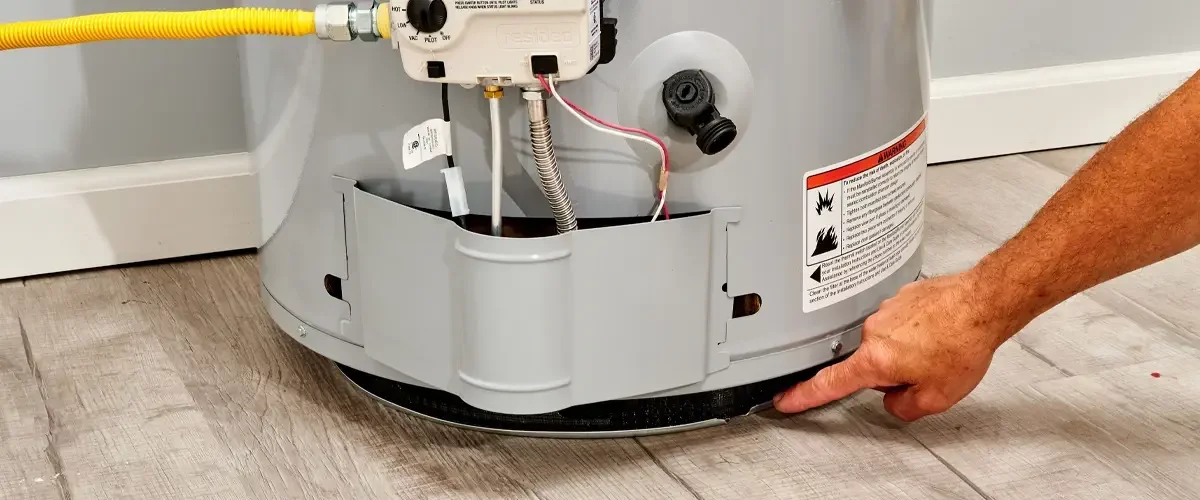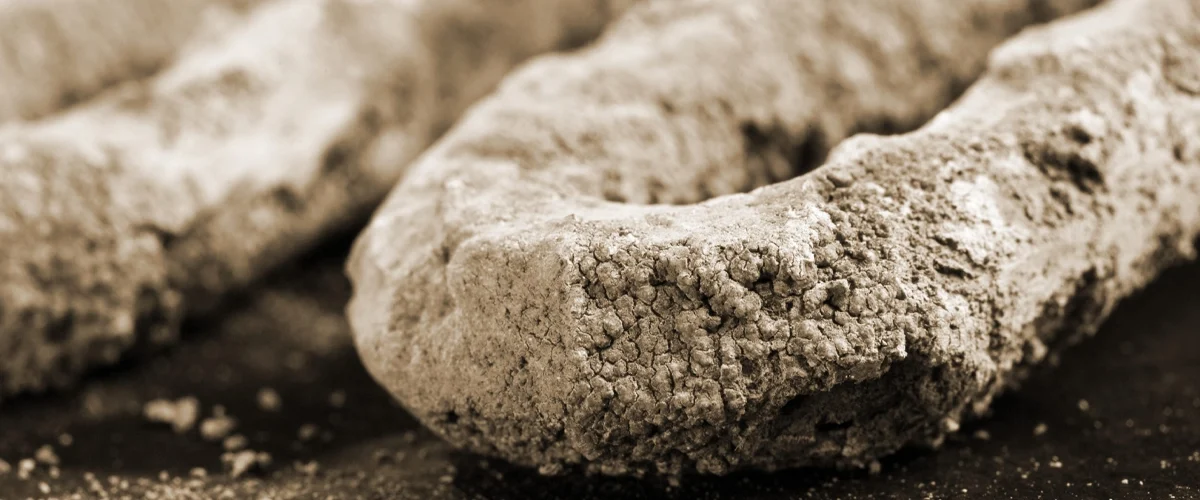5 Warning Signs You Need to Replace Your Water Heater
July 12, 2024
Water heaters are essential for maintaining the comfort and functionality of modern homes. Yet, like any appliance, they don't last forever. Recognizing the warning signs that indicate your water heater may need replacing can save you from the inconvenience of sudden breakdowns and costly repairs. Here are five critical warning signs that it's time to consider water heater replacement.

1. Inconsistent Water Temperature
One of the most obvious signs that your water heater is failing is inconsistent water temperature. If you find that your showers are turning cold before you’re finished or that the hot water temperature fluctuates unexpectedly, it might be time to look into a new water heater installation. Inconsistent temperatures can result from various issues, including sediment buildup, a malfunctioning heating element, or a failing thermostat.
Over time, sediment from your water supply can accumulate at the bottom of the tank, creating a barrier between the burner and the water. This sediment layer makes it harder for the heater to maintain a consistent temperature. Regular water heater maintenance can help prevent this issue, but if the problem persists, it might indicate that the unit is reaching the end of its lifespan. A professional assessment can determine if a replacement is necessary.
Additionally, aging water heaters often struggle to maintain the efficiency they once had. As internal components wear out, the unit must work harder to heat water, leading to temperature inconsistencies. If your water heater is more than ten years old and you’re noticing these issues, it may be more cost-effective to replace it with a newer, more efficient model.
2. Discolored or Rusty Water
If your hot water starts to appear discolored or rusty, this is a significant red flag. Rusty water is not only unappealing but also a potential health hazard. This discoloration often indicates corrosion inside the water heater tank. While a professional can sometimes address corrosion issues, extensive rust usually means the tank is deteriorating from the inside out, necessitating a water heater replacement.
In some cases, rusty water could be a sign that your home’s plumbing system is corroded. To determine if the problem lies within your water heater or your plumbing, you can drain a few buckets of hot water directly from the heater. If the water is still rusty, the issue is likely with the heater itself. Promptly addressing this problem is crucial, as a corroded tank can eventually leak, leading to significant water damage and increased repair costs.
For those in regions like South Florida, where the water supply might have a higher mineral content, regular water heater maintenance is essential. South Florida water heaters are particularly prone to sediment and mineral buildup, which can exacerbate corrosion. Annual inspections and flushes by water heater experts can help extend the life of your unit, but be prepared for a replacement if rust becomes a persistent problem.

3. Strange Noises
Water heaters should operate quietly, so any unusual noises coming from your unit are a cause for concern. Popping, banging, or rumbling sounds typically indicate that sediment buildup has reached problematic levels. As the sediment heats up and hardens, it can cause the water heater to overheat and create these disturbing noises. Ignoring this issue can lead to more severe damage and inefficiency.
Sediment buildup not only causes noise but also reduces the efficiency of your water heater. The hardened layer of sediment forces the unit to work harder to heat the water, leading to higher energy bills and a shortened lifespan for the appliance. If you hear persistent noises despite regular water heater maintenance, it’s a clear sign that a water heater replacement may be necessary.
Regular maintenance can help manage sediment issues, but in areas with hard water, such as South Florida, these problems can be more severe. Engaging water heater experts to inspect and flush your system can help mitigate sediment buildup. However, if your water heater is older and making loud noises, it might be more cost-effective to invest in a new water heater installation.
4. Leaks and Moisture
Finding water around your water heater is never a good sign. Leaks or excess moisture around the tank can indicate serious problems, including fractures in the tank or failing connections. While some leaks can be repaired, extensive damage often means it’s time for a water heater replacement. Ignoring leaks can lead to significant water damage in your home and mold growth, which can be hazardous to your health.
Water heater leaks often start small and can go unnoticed for a while. Regularly checking the area around your water heater can help you catch leaks early before they cause major damage. If you notice moisture or small puddles, it’s crucial to act quickly. A leaking water heater not only wastes water but also indicates internal issues that could lead to a catastrophic failure.
In South Florida, where the humidity levels are high, even a small leak can escalate quickly. The combination of a leaking water heater and high humidity can create the perfect environment for mold and mildew growth. If your water heater is leaking and it’s an older model, it’s advisable to consult with water heater experts about the benefits of a new water heater installation to avoid future problems.

5. Age of the Water Heater
The age of your water heater is a fundamental factor in determining whether it’s time for a replacement. Most water heaters have a lifespan of 8 to 12 years. If your unit is within or beyond this range, it’s wise to start considering a new water heater installation. Even if your current water heater seems to be working fine, the risk of unexpected failures increases significantly with age.
Older water heaters are also less efficient than newer models. Advances in technology mean that modern water heaters are more energy-efficient and have better safety features. Investing in a new water heater can lower your energy bills and provide more reliable performance. If your water heater is approaching the 10-year mark, consult with water heater experts to discuss your options.
In South Florida, where water heaters may be under additional stress due to the climate and water quality, regular maintenance can help prolong the life of your unit. However, no amount of maintenance can make up for the natural wear and tear that occurs over time. Replacing an aging water heater before it fails can save you from the inconvenience and potential damage of a sudden breakdown.
Conclusion
Recognizing the warning signs that your water heater needs replacement is crucial to maintaining the comfort and safety of your home. Inconsistent water temperature, discolored water, strange noises, leaks, and the age of the unit are all indicators that it’s time to consider a new water heater installation. Regular water heater maintenance can help prolong the life of your unit, but eventually, replacement becomes the most practical solution.
If you’re experiencing any of these warning signs, don’t wait until it’s too late. Consult with water heater experts to assess the condition of your unit and discuss your replacement options. For residents in South Florida, maintaining your water heater is particularly important due to the region’s unique climate and water quality issues. Regular inspections and maintenance can help manage problems, but when replacement is necessary, it’s best to act promptly.
When serious cleaning and flushing services are needed, calling professionals like Pompa Plumbing can ensure that the job is done correctly and efficiently. Their expertise in South Florida water heaters ensures that you receive the best advice and service for your specific needs. Don’t compromise on the comfort and safety of your home; reach out to Pompa Plumbing for all your water heater maintenance and replacement needs.


